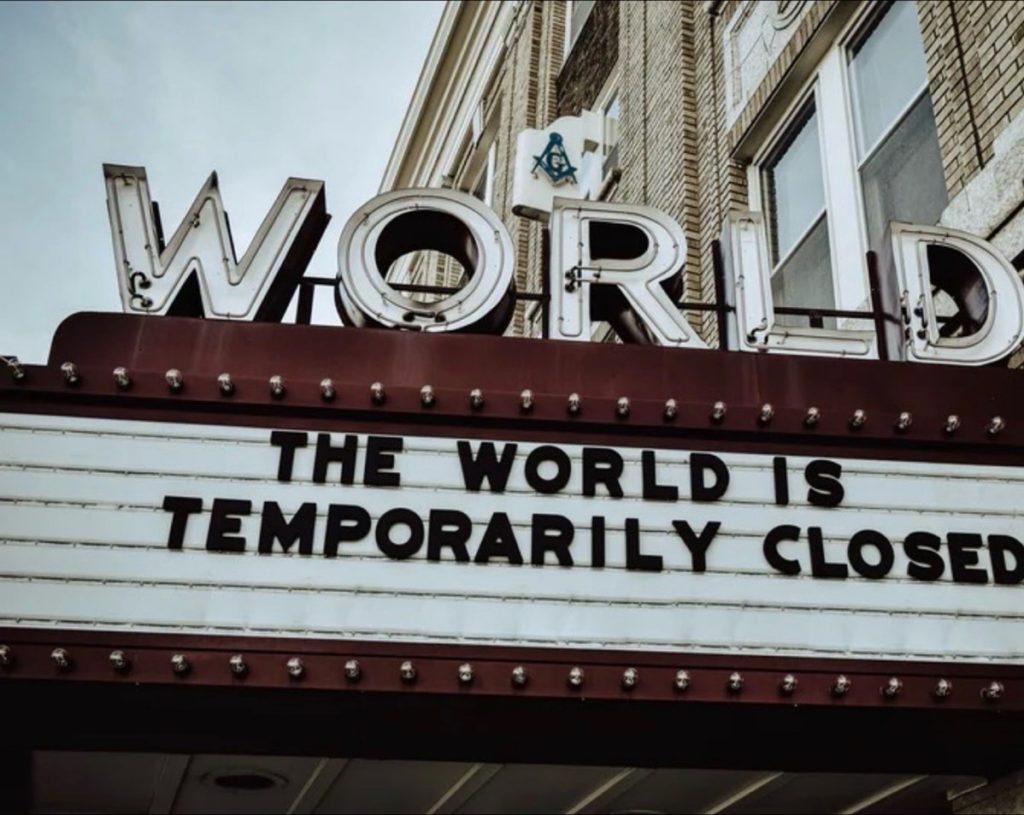
Summary
Despite growing awareness of large-scale crises, understanding how organizations construct urgency in prolonged disasters remains limited. Our recent study, published in the Journal of Management Studies, explores the activities of the Robert Koch Institute (RKI), the central institution of disease surveillance and prevention in Germany, during the prolonged COVID-19 pandemic. We develop a process model showing how urgency is modulated by analyzing temporal cues and their translation into various forms of urgency. The findings highlight the complex nature of urgency, its enactment through temporal practices, and its multifaceted forms, contributing to a deeper understanding of crisis management.
Urgency in Crisis Management: A Critical Aspect
As we know from extant literature, urgency is critical to crisis management. Organizations need to react timely to mitigate damage caused by a crisis. Traditional crisis management research often deals with short-lived crises where the need for urgent action is clear. However, prolonged crises like the COVID-19 pandemic present different challenges to organizations. Precisely, these crises require sustained urgency over extended periods of time. Thus, it is essential to understand how organizations can effectively construct and maintain urgency over time to address such prolonged crises.
Case Study: The Robert Koch Institute (RKI)
The RKI played a pivotal role in driving public health responses and communicating the urgency of the pandemic to the German public and policymakers. For our analysis, we relied on 45 hours of video recordings of the RKI’s press conferences, 371 daily situation reports of the RKI, and over 645 external documents, mostly including media coverage of the organization´s actions.
Constructing Urgency in Prolonged Crises: A Temporal Perspective
From a temporal perspective, we examined how the RKI translated temporal cues of the crisis to mobilize different forms of urgency. We developed a process model to illustrate this and highlight three modes of urgency construction and modulation the RKI employs, as follows:
Early Mode: Initial Recognition
During the early stages of the pandemic, the RKI recognized the emerging threat of the virus. However, the organization did not start to construct urgency immediately. This period was characterized by translating temporal cues, such as initial infection rates, without taking drastic action. For example, early press conferences emphasized composure and the low perceived risk to the German population.
Escalation Mode: Increasing Urgency
The RKI shifted to increasing urgency construction as the pandemic progressed. It translated temporal cues into materialized temporality, such as the reproduction rate (R-value) and daily case counts. These became benchmarks for understanding and communicating the crisis’ severity. The RKI emphasized the need for immediate action, urging the public to “flatten the curve” and adhere to stringent measures.
Pausing Mode: Decreasing Urgency
Interestingly, the RKI also decreased urgency when the situation seemed under control. During this phase, temporal cues were translated to signal stability and control. For example, during periods of low case numbers, the RKI reduced the frequency of press briefings and communicated to the public to maintain public cooperation.
Different Forms of Urgency
Furthermore, we identified three forms of urgency employed by the RKI:
- Windows of Opportunity were used to prompt quick public and governmental responses when immediate action was perceived necessary. For example, to emphasize the need for ongoing vigilance and action “from now on”.
- Inceptive Urgency was, in turn, employed to maintain efforts even when immediate threats seemed to be contained.
- Expired Urgency was used to highlight missed opportunities for action. It served as a cautionary tale to remind citizens of the importance of timely responses if needed.
Implications for Crisis Management
Our research highlights the importance of a dynamic approach to managing urgency in prolonged crises. A key takeaway for managers and policymakers is the need to balance escalating and pausing phases to manage urgency effectively during prolonged crises. This requires that crisis management regularly assess and translate crisis signals to create, adjust, or eliminate (old) key indicators, facilitating dynamic crisis responses by increasing or decreasing urgency. Maintaining this balance enables better responses to the changing demands of prolonged crises. These insights are relevant not only for a pandemic response but also for managing prolonged issues like climate change initiatives, financial crises, humanitarian aid, and disaster relief.

0 Comments